Anatomy And Function Of The Eye
Extraocular muscles help move the eye in different directions. Lens focuses light rays onto the retina.
 Eye Anatomy Glaucoma Research Foundation
Eye Anatomy Glaucoma Research Foundation
This is a short movie on the eye its anatomy and function.

Anatomy and function of the eye. The anatomy of the eye. Iris the colored part of the eye which helps regulate the amount of light entering the eye. The nerve at the back of the eye that transports electric signals to the brain.
Eye color is created by the amount and type of pigment in your iris. Light enters through the cornea past the iris through the pupil refracted by the lens and onto the retina of the eye. The eye is a sensory organ.
Eye parts and functions. The eye has three main layers. The photoreceptor nerve cells present in the macula and concentrated in the fovea the very center of the macula.
Anatomy of the eye. A note to all media companies or individuals who wish to use this animation. Nerve signals that contain visual information are transmitted through the optic nerve to the brain.
The sclera or white part of the eye protects the eyeball. It collects light from the visible world around us and converts it into nerve impulses. The eye is shaped like a round ball with a slight bulge at the front.
The eye has many parts which work together to accomplish vision and to keep the structures required for vision safe from infection and injury. The surface of the eye and of the inner eyelids is covered by a clear protective membrane called the conjunctiva. These layers lie flat against each other and form the eyeball.
The eye is surrounded by the orbital bones and is cushioned by pads of fat within the orbital socket. The macula is a small extra sensitive area in the retina that gives you central vision. Part of the eye above the lens that produces the aqueous humor.
The optic nerve transmits these signals to the brain which forms an image so thereby providing sight. The iris or coloured part of the eye surrounds the pupil. And when there is low light the iris opens up the pupil to let in more light.
The pupil or black dot at the centre of the eye is a hole through which light can enter the eye. Image starts right side up from outside the eye and is flipped upside down on the retina. Layer of the eye behind the retina contains blood vessels that nourish the retina.
The outer layer of the eyeball is a tough white opaque membrane called the sclera the white of the eye. Enable people to see fine detail and color. Behind the eye your optic nerve carries these impulses to the brain.
I do not own this vi. When there is bright light the iris closes the pupil to let in less light. Multiple genes inherited from each parent determine a persons eye color.
Anatomy of the eye. The eye has many parts that must work together to produce clear vision.
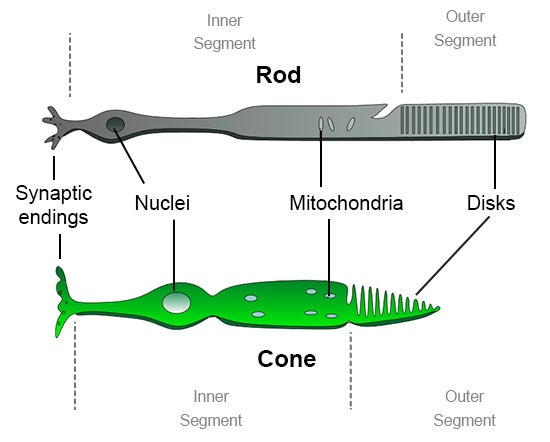 How Do We See Light Ask A Biologist
How Do We See Light Ask A Biologist
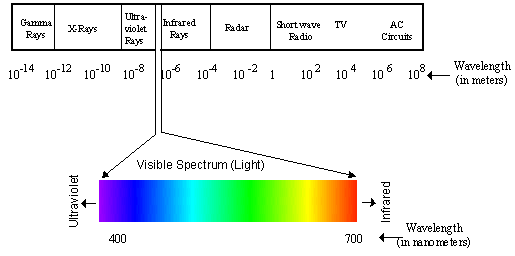 Neuroscience For Kids The Eye And Its Connections
Neuroscience For Kids The Eye And Its Connections
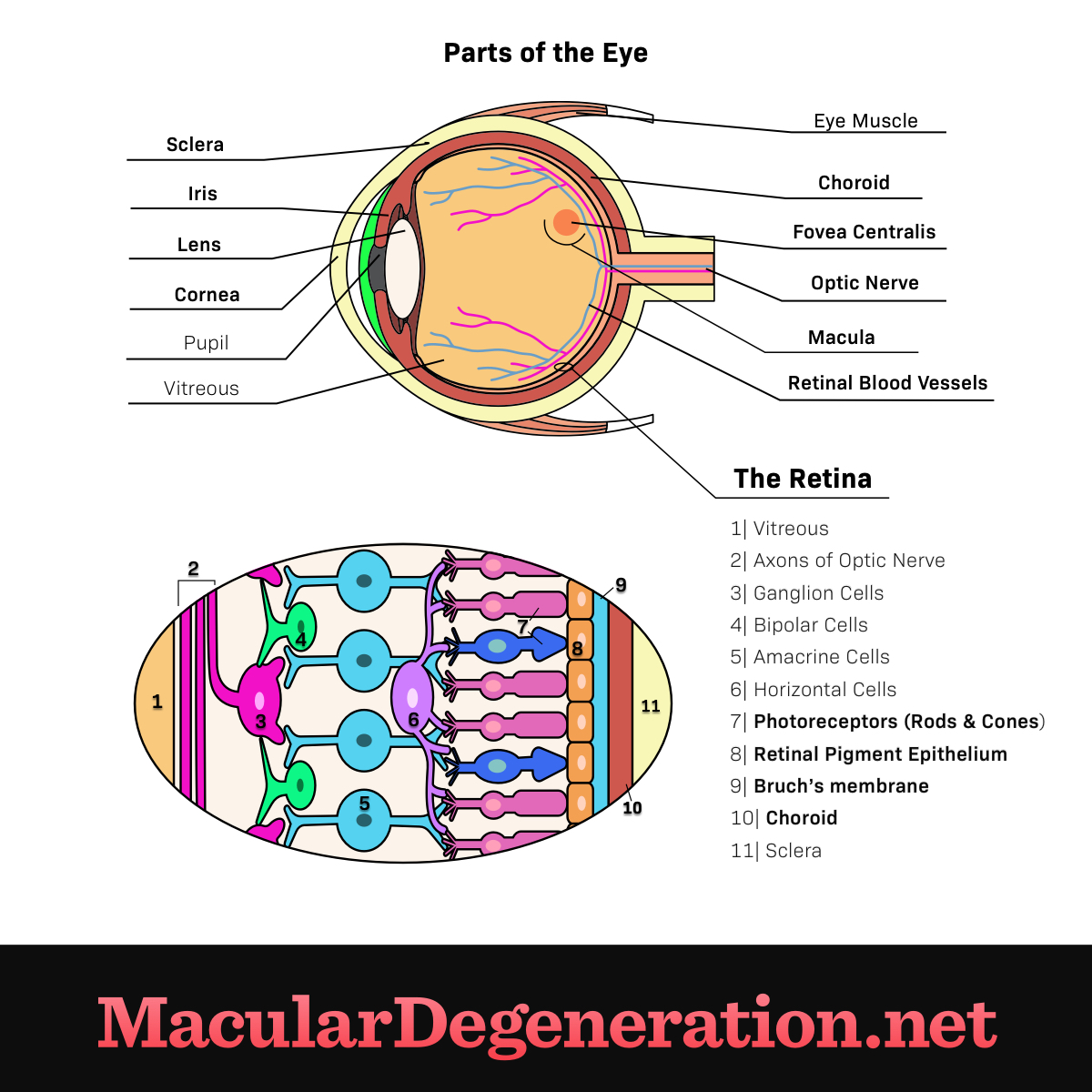 Eye Anatomy And Function Maculardegeneration Net
Eye Anatomy And Function Maculardegeneration Net
Healthy Eyes Retina International S Amd Toolkit
 The Iris Its Anatomy Function Related Eye Diseases
The Iris Its Anatomy Function Related Eye Diseases
Major Ocular Structures Laramy K Independent Optical Lab
 Structure And Function Of Eye Structure Function Eye
Structure And Function Of Eye Structure Function Eye
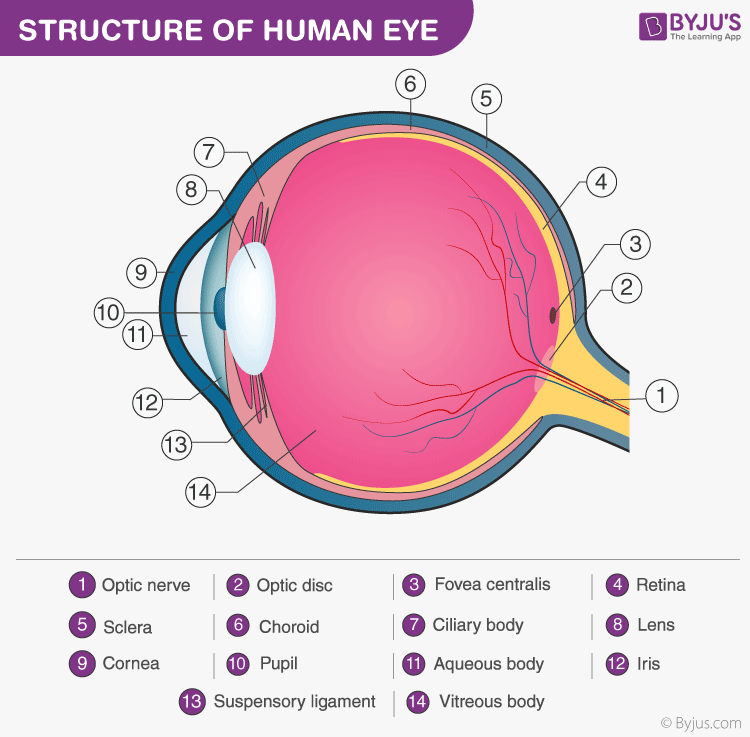 Structure Of The Eye With Labelled Human Eye Diagram
Structure Of The Eye With Labelled Human Eye Diagram
 The Eye Diagram And Functions Functions Of The Human Eye
The Eye Diagram And Functions Functions Of The Human Eye
 Anatomy Of The Eye American Association For Pediatric
Anatomy Of The Eye American Association For Pediatric
 Anatomy The Extrinsic Eye Muscles Functions Innervation
Anatomy The Extrinsic Eye Muscles Functions Innervation
Understanding Eye Structure Fiteyes Com
Eye Anatomy And How The Eye Works
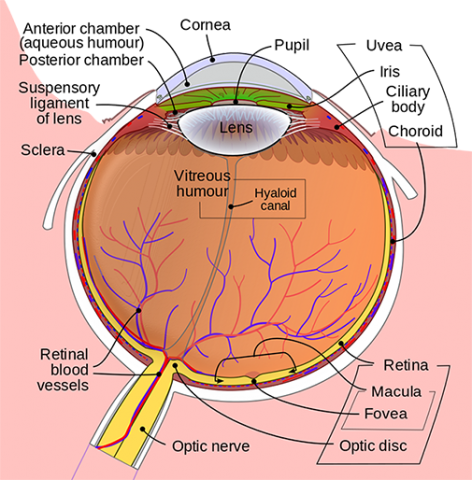 Anatomy Of The Eye Kellogg Eye Center Michigan Medicine
Anatomy Of The Eye Kellogg Eye Center Michigan Medicine
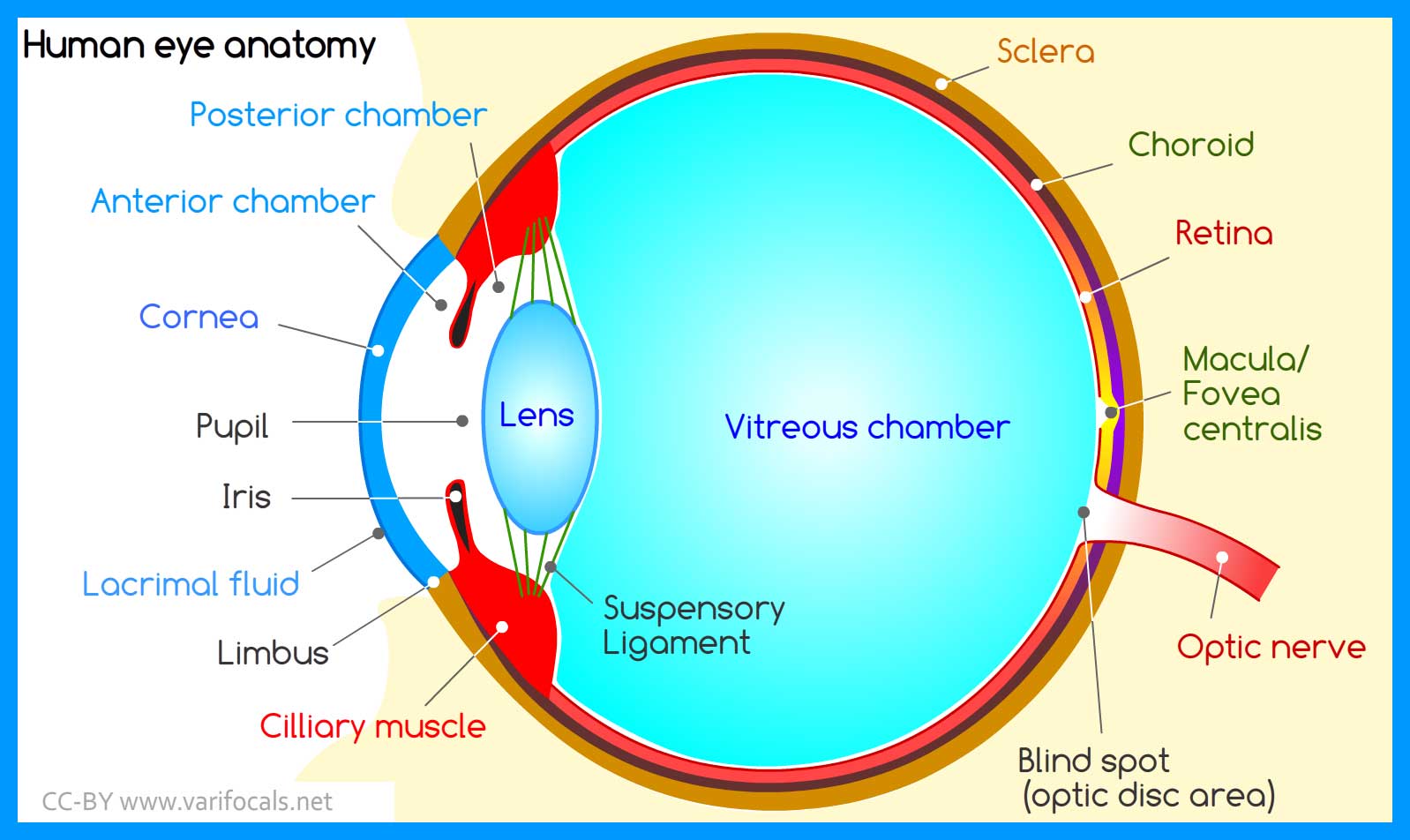 Human Eye Anatomy Structure And Function
Human Eye Anatomy Structure And Function
 Human Eye Function Human Body Anatomy Eye
Human Eye Function Human Body Anatomy Eye
 Anatomy Of The Eye Children S Wisconsin
Anatomy Of The Eye Children S Wisconsin
Eye Health Anatomy Of The Eye Visionaware
 Functions Of The Parts Of The Eye Eye Anatomy Parts Of
Functions Of The Parts Of The Eye Eye Anatomy Parts Of
 Human Eye Definition Structure Function Britannica
Human Eye Definition Structure Function Britannica



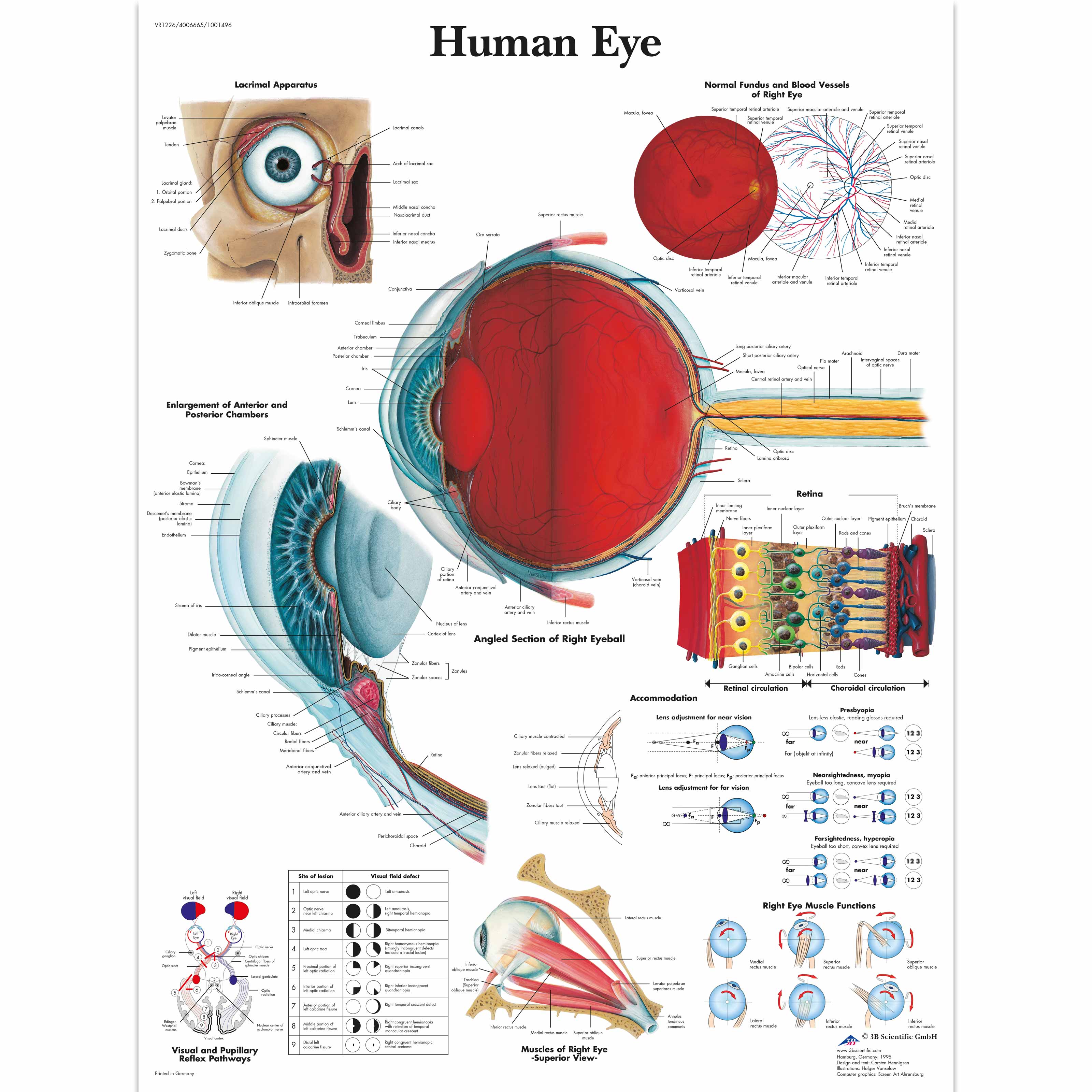

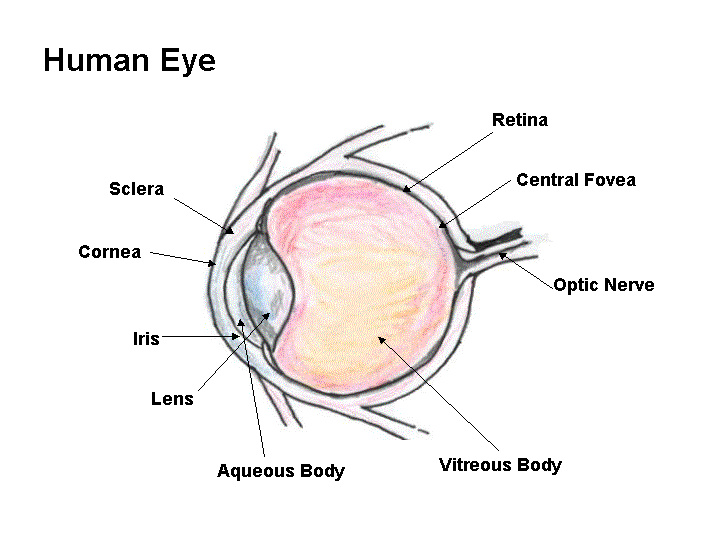
Belum ada Komentar untuk "Anatomy And Function Of The Eye"
Posting Komentar